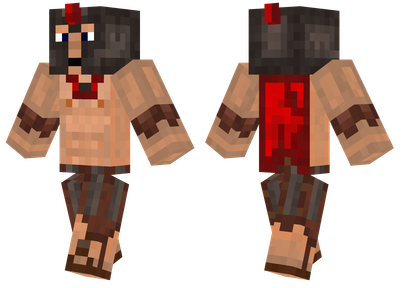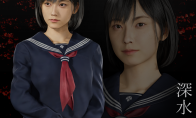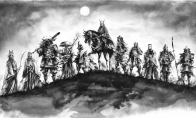This tutorial is set by the author to use the CC by-NC protocol.
As we all know, there are two ways to obtain the ancient core of mysterious advanced and advanced.Falling the ancient core of the decorative decoration.Some lucky and careful players will find that these "natural" ancient cores seem to have a unique naming. These names seem to be messy, as if they are random letters.Reveal the naming rules of the ancient core.The front row prompt: The author is not a professional linguistic researcher. This tutorial is only published for curiosity and interest. The content comes from public code and in -game experiments. If the useful words are not accurate or the content is unprepared, welcome to correct.
First of all, there are four parts of the naming composition, namely: core words, prefix, suffix, connecting.These words are essentially a La Laerye, that is, a language created by the author of Cesu myth, the author of the author of the Cthulu mythology, and published it on a website by fans. The advanced author refers to this website.Core naming.
Next is the detailed rules of the naming: there are at least one core word in a naming, at most three core words. Each core word has one -fifth of its own probability of prefix or suffix.In the end, it will form a word part in the form of "prefix core word suffix".There is one -fifth of the probability of a connector between the word and part of the word.Finally, there will be a space between the words and parts, the parts, the word parts, and the connective words.
Just do this, do you know the word "the word"? "The word"?It doesn't matter, let's look at some actual cases to confirm the previous rules.
This ancient core composition is relatively simple. It has two core words, a prefix (the specific words about each part can refer to the table below)."As the first core word" y'hah ", NNN, which constitutes the first word, and" Hai "constitutes the second word as the second core word, betweenDivided by spaces.
This ancient core has two core words, one prefix and one connector."R’luh" constituted the first word as a core word, and the prefix "nnn" and core words "K’yarnak" constituted the second word part.The "MG" connector between the two words appeared.The current version connective is only this one.
Of course, there are also some short or long naming. The shortest is that there is only one core word, and the longest is the "prefix core word suffix convergence core word supersonic conjunction core word suffix".I brushed for a while, it also dropped the shortest name, which was quite happy.As for the longest naming, it is estimated that Yangshou can't come down for ten years.Players can also go to the game to try to verify the naming rules by themselves, but the probability of the fall of the magic cast is really dare not compliment. In normal games, this is also a thing that can be encountered.Can't drop a deserted core.
The shortest name is named after the sound made by the person being hit
Then the tutorial is over here. I think the details of this game are very bonus to the ontology. It does not flow on the surface and leaves a blank. It can not only portray the game background deeperExploring desire, curiosity, and even creative desire, to some extent expand the life of the game.So I think the details and blankness are like the seasoning of the game. They are not a necessary composition of a game, but they are an indispensable content of a fun game.I think this is also mysterious and long -lasting charm.
Later, the fate of the fate:
Core word
"Ah", "'AI", "ATHG", "' BTHNK", "Bug", "ch'", "chTENFF", "ebumna", "ee", "ep", "'fhalma""," fhtagn "," fm'LATgh "," ftaghu "," Geb ",
"gnaiih","gof'nn","goka","gotha","grah'n","hafh'drn","hai","hlirgh","hrii","hupadgh","ilyaa","k'yarnak", "kadishtu", "kn'a", "li'hee", "llll", "lloig", "lw'nafh", "mnahn '", "n'gha", "n' n 'ghft","nglui","nilgh'ri","nog","nw","ooboshu","orr'e","phlegeth","r'luh",
"ron","s'uhn","sgn'wahl","shagg","shogg","shtunggli","shugg","sll'ha","stell'bsna","syha'h","THANAK", "Thron", "Uaaah",
"uh'e", "uln", "vulgtlagln", "vulgtm", "wgah'n", "y'hah", "ya", "zhro"
Prefix
"C", "f '", "h'", "na", "nafl", "ng", "nnn", "pH '", "y"
suffix
"Agl", "nyth", "og", "OTH"
Connect "mg"














